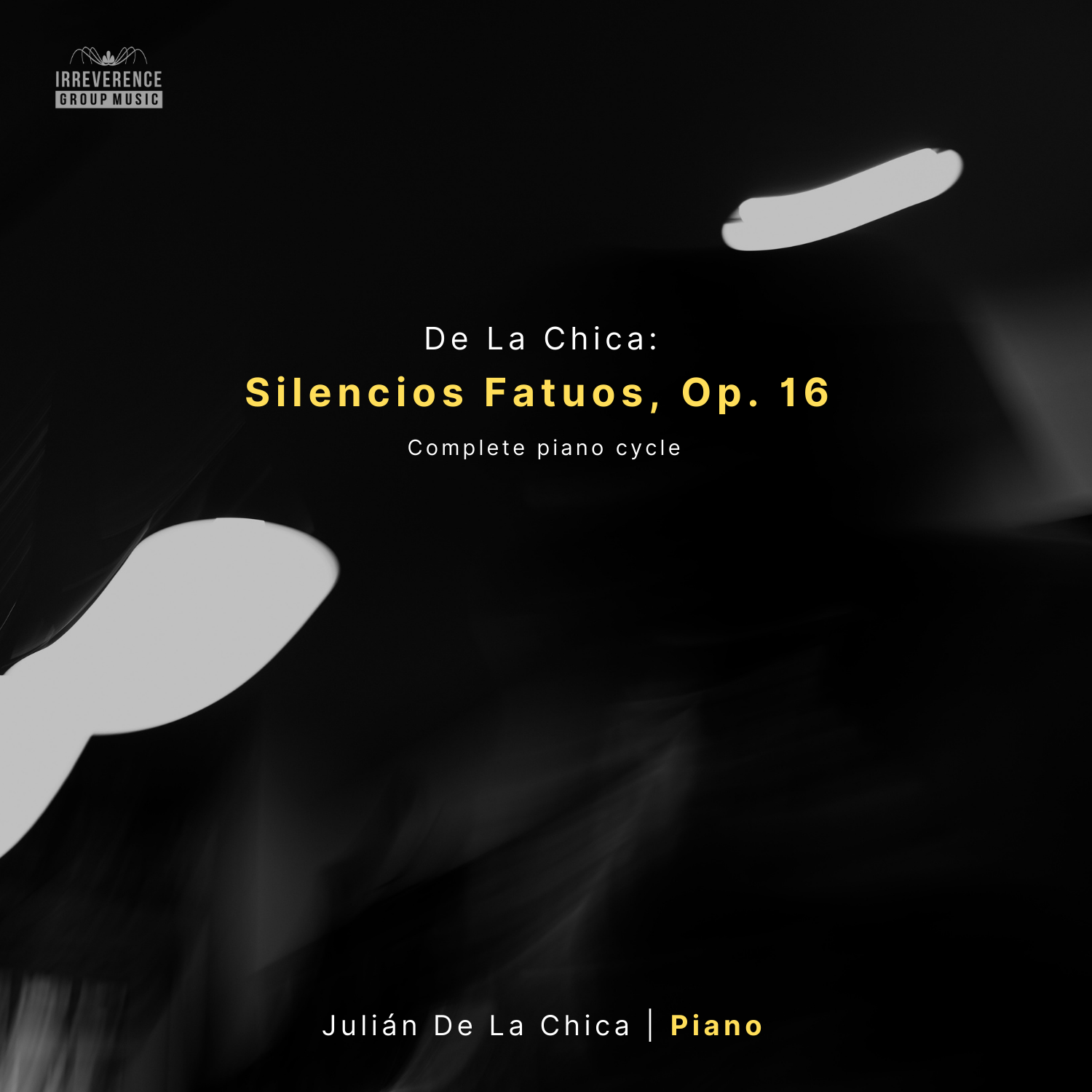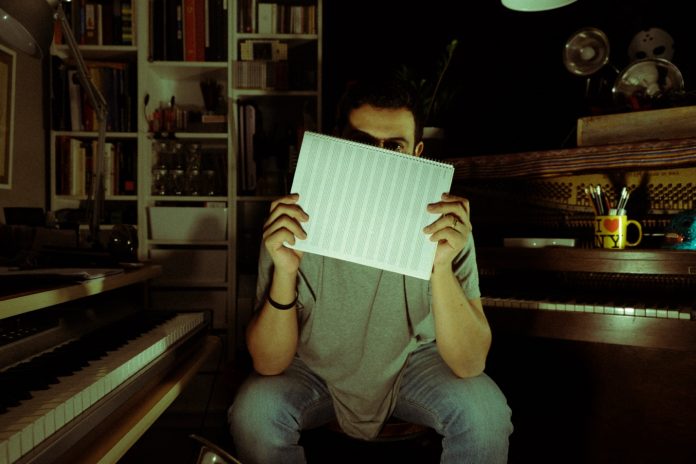Just two weeks ago, Julian De La Chica’s award-winning film Agatha, continued making headlines by winning the award for “Best Foreign Film” at the Lebanese Independent Film Festival (LIFF) in Beirut. Although Agatha was released in 2020, the festival could only be held until last September, due to the global pandemic.
With Agatha, De la Chica achieved international recognition, presenting in an austere, poetic and raw piece, the journey of the loneliness and mental health of a man, who observes his entire life in an existential way, in a simple and everyday morning. A format that seems more like a play that is accompanied by music, also austere, clean, dark and hypnotic. The film was selected in more than 30 international Film Festivals, and won more than 15 awards, including best experimental film, best actor, best cinematography and best composer. Agatha made its official debut in Colombia, (home of De La Chica) as an Official Selection at the prestigious Bogota Film festival (Bogocine), in its 37th edition. The film was also awarded a special mention for “Best Short-film.” As De La Chica says: For me, image and music are one. Music is image, and image is music.
Because this prolific composer does not stop. Equally comfortable composing a string quartet, a symphony for synthesizers, music for a film, songs for an opera singer, or writing and directing his own film, De la Chica seems to recall the artists of the past, multidisciplinary and multifaceted, those who were always immersed and busy with projects and commissions. Even his first book, El Castigo de Dios, (God’s Punishment), a book based on Leprosy and in Agua de Dios, will come out in December of this year.

Such is the way of this artist, born in Manizales, Colombia, and based in Brooklyn, New York, who announced in recent days the release of his new piano album Silencios fatuos, Op. 16, performed by himself, and what the composer referred to, again, as a crude and intimate album. And this is no surprise. When you listen to De La Chica’s music, you immediately realize that it isn’t music to be taken lightly. As Stephen Mold said about De La Chica: “… and came to the conclusion that I was in the presence of a composer who is an extraordinarily deep thinker, someone able to take a listener into mysterious by-ways using very slender means.” De La Chica’s music tells stories. It is a journey, and as such, if you are not immersed in that journey, you will not enjoy it.
De La Chica says: I steal the stories of everyday life and recount them in music.
Yet in Los Silencios Fatuos, De la chica seems to explore something that goes beyond telling a story. Something that he had already started on his album Op. 9, Experimentelle und unbestimmte Lieder, where in one of his videos, he starts out saying: We need silence. I think silence is precisely what it seems to be, the axis of this new album. It is not a literal silence, I think. But perhaps a silence that represents the absence. In this new album, we listen, in a diaphanous way, to De La Chica’s post-minimalist thinking. Composer and musicologist Susan Campos wrote in the album notes: “In Silencios Fatuos the artist gradually sheds his skins, confronting the very fatuity of postminimalism. And in this way, he seems to sprout abstaining from any violent rebellion, in a kind of superfluity, allowing the passage of time, building surfaces with curved lines that twist on themselves without noise, without groans, contemplating the absurd with an unsettling serenity.”

In Los Silencios Fatuos, it seems that there is nothing that can stop De La Chica. He doesn’t worry about anything. He explores emptiness, hopelessness. Maybe death. Someone has knocked on his door. We don’t know who. But we know there was an absence. A fatuous silence. Is it his own absence? his own silence? his own self-termination? Julián De La Chica is an artist we must continue listening to. Attentively. Even if he says, that there, is no longer hope.
Julián De La Chica’s new album is now available on Pre-Order and if you want to see De La Chica live, and you are in New York, you can’t miss his next concert, Feb 10, 2022, at Carnegie hall, accompanied by the eclectic and wonderful voice of the Russian mezzo soprano, Yana Mann, at the premiere of her latest album, Los Poemas de bar, also composed by De La Chica.
Connect with the artist:
Record label: Irreverencegroupmusic
Photos courtesy by IGM.













